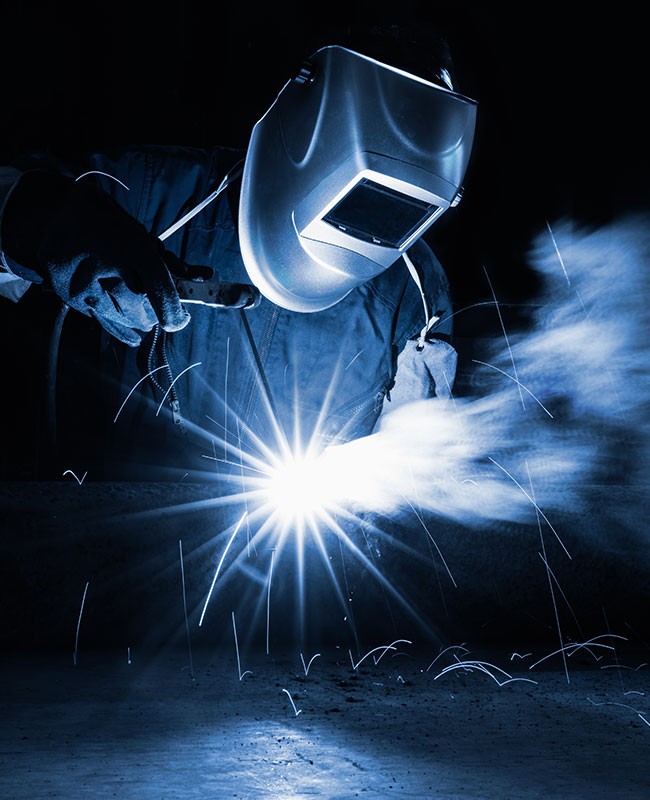
When planning your production budget, Flenar knows that customers want the best possible quality, lead times, and production efficiency possible. By following a few crucial guidelines, we work with customers to ensure that their products are of the best possible quality at the best possible price.
What Factors Influence Custom Machining Costs?
To understand how to save on machining costs, it’s crucial to understand the processes that go into a complete machining project. Here are factors to consider:
- Start-up costs: These costs are fixed. They are in place to cover the cost of CAD file preparation and process planning. For small volumes, start-up costs can be significant. Generally speaking, the greater the scale of a project, the lower the individual component price.
- Material costs: The cost of the bulk material you choose and how easy or hard the material is to machine is another big contributor to the cost of CNC machining. Depending on materials, the machine must also slow down to accommodate material malleability and temperature.
- Machining time: This is usually the primary cost driver for CNC machining. As a rule of thumb, the longer a part takes to machine, the more it will cost. Depending on materials, the machine must also slow down. The smaller/more intricate the tools, the slower the process.
- Other manufacturing costs: Some CNC machined parts have special requirements — like tight tolerances. Tight tolerances often require specific tools, more and additional processing steps, and lower machining speeds. The smaller/more intricate the tools, the slower the process, and slow processes = more cash. By changing the machining tolerance, customers stand to save money machining.
So, if the greatest cost determinant is machining time, how can you keep that time down? Adjust your tolerances.
Variability in machine tools and measurement devices means that sometimes, products meant to be identical are not. To virtually eliminate these variations, designers put a “tolerance” on the dimensions of their machined parts. The closer the designated tolerance, the more faithful the assembly and function of the completed machined part. If tolerances aren’t carefully considered during design, components may not assemble or may not perform as expected.
How To Save Money on Custom Machined Parts: Adjust Tolerances
TOLERANCES
Any machine shop worth its salt will offer the same advice when it comes to keeping costs low: study your tolerances. The tighter the tolerance, the longer components take to machine, and every minute that a machine runs means cash out of pocket.
Quality machine shops will always default to very tight tolerances. For any shop, the priorities are reproducibility, quality, and part functionality. A close tolerance means a beautifully functioning part. For you, however, a shop working at its own strict tolerances might burn right through your budget!
So, when consulting with a custom machine shop like FLENAR, be sure to clarify every spec. Our seasoned employees happily collaborate on changing machining tolerances to keep your project on time and within budget parameters. We encourage customers to consider the following:
- Stick to the standard +/- .125mil unless absolutely necessary. The fewer the decimal points of tolerance, the better. The smaller the feature, the smaller the tool required to machine it, which will always drive the price up.
- Save very tight tolerances for components that use exotic materials or intricate small pieces. This cuts machining costs significantly.
| BE SAFE! Only you know what is safe for your machined part.
Don’t let a shop talk you out of the tolerances that you know are necessary for your components. Never allow play in a tolerance when you know it is not in the best interest of your part’s performance. |

